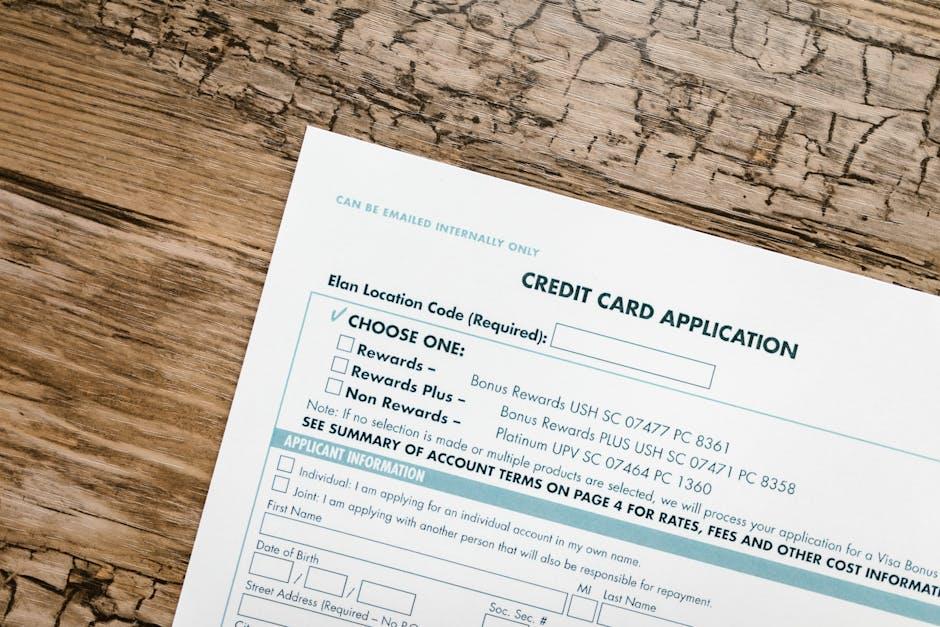In the complex world of insurance, understanding the intricacies of claim timelines is essential for policyholders seeking to navigate the process with confidence and efficiency. As an authoritative guide, this article aims to demystify the often opaque procedures that govern insurance claims, shedding light on the key factors that influence timelines and offering strategic insights to help you expedite your claim. Whether you are dealing with auto, health, home, or any other type of insurance, grasping the truth about claim timelines will empower you to manage expectations, avoid unnecessary delays, and ultimately, secure the benefits you are entitled to with minimal hassle.
Understanding the Basics of Insurance Claim Processing Timelines
Insurance claim processing timelines can often feel like a labyrinth, with various steps and stakeholders involved. Understanding these timelines begins with recognizing the key stages in the process. The journey typically starts with the filing of a claim, where you submit all necessary documentation to your insurer. Following this, the initial review takes place, where the insurer assesses the claim for completeness and accuracy. Next, the investigation phase involves a deeper dive into the claim details, often requiring additional information or verification. the resolution stage is reached, where a decision is made, and payment is processed if the claim is approved.
- Filing: Submit necessary documents.
- Review: Initial assessment for completeness.
- Investigation: In-depth examination and verification.
- Resolution: Decision-making and payment processing.
These stages can vary in duration due to factors such as the complexity of the claim, the type of insurance, and the responsiveness of involved parties. Understanding these elements can empower you to anticipate potential delays and manage expectations effectively. By staying informed and proactive, you can navigate the insurance claim process with greater confidence and efficiency.

Common Delays in Insurance Claims and How to Avoid Them
Insurance claims can be fraught with delays, often stemming from a few common pitfalls. Understanding these can help streamline the process. Incomplete documentation is a frequent cause; missing paperwork or inaccurate details can halt progress. To avoid this, ensure all necessary documents are gathered and filled out correctly before submission. Additionally, communication breakdowns between the claimant and the insurer can lead to misunderstandings and setbacks. It’s crucial to maintain open lines of communication, promptly responding to any requests for additional information or clarification.
- Verify all documentation: Double-check forms for accuracy and completeness.
- Stay proactive in communication: Regularly follow up with your insurer to ensure your claim is progressing smoothly.
- Understand your policy: Familiarize yourself with your policy’s terms and conditions to anticipate any potential issues.
By addressing these areas, claimants can significantly reduce the likelihood of delays, paving the way for a more efficient claims process.

Expert Tips for Speeding Up Your Insurance Claim Approval
Understanding how to expedite the insurance claim process can save you both time and stress. Here are some expert tips to help you navigate this often complex journey more efficiently:
- Organize Your Documentation: Ensure all necessary paperwork, such as receipts, photos, and reports, is ready and well-organized before filing your claim. This reduces back-and-forth communication and speeds up the evaluation process.
- Communicate Clearly: Maintain clear and concise communication with your insurance adjuster. Respond promptly to their requests for additional information or clarification. This demonstrates your engagement and helps avoid unnecessary delays.
- Understand Your Policy: Familiarize yourself with your policy details, including coverage limits and exclusions. This knowledge allows you to set realistic expectations and ask pertinent questions, streamlining the approval process.
- Seek Professional Guidance: If your claim is complex, consider hiring a public adjuster or a legal professional to assist you. Their expertise can be invaluable in navigating intricate claims and ensuring a fair settlement.
Implementing these strategies can significantly reduce the time it takes to get your claim approved, allowing you to focus on recovery and rebuilding with peace of mind.

Navigating Complex Claims: When to Seek Professional Assistance
Understanding when to enlist the help of a professional in navigating the labyrinthine process of complex insurance claims can make a substantial difference in the outcome. While some claims can be straightforward, others require a nuanced understanding of policy language, documentation requirements, and negotiation tactics. Professional assistance becomes indispensable in scenarios such as:
- Ambiguous Policy Language: Policies often contain jargon and fine print that can be challenging to decipher. Experts can interpret these intricacies to ensure that you are fully aware of your entitlements.
- Disputed Liability: When an insurer contests the liability or the value of the claim, professional advocates can provide the necessary evidence and arguments to support your case.
- High-Value Claims: Large claims often involve more scrutiny and negotiation. Professionals bring their experience to secure a fair settlement.
- Denial of Claims: In instances where claims are denied, experts can help navigate the appeals process effectively.
Ultimately, the decision to seek professional assistance should be weighed against the complexity of the claim and the potential benefits of expert intervention. Leveraging their knowledge not only alleviates stress but also maximizes the likelihood of a favorable outcome.

